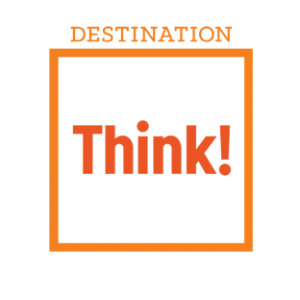Who decides what’s true, what’s accurate, and what’s relevant information? This is what’s been on my mind lately. The reason is this thing called user generated content.
Wikipedia is probably one of the best examples of user generated content. Wikipedia is a fascinating website, an encyclopedia editable by anybody. You can find information about virtually everything, and you edit any article yourself.
There’s a lot of debate about accuracy and politics in Wikipedia. It’s all interesting but the end-user of the published material is the ultimate judge and right now Wikipedia receives 25 million visitors a month, making it the 18th most visited website on the internet. So obviously, a lot of people find it a useful resource. I use Wikipedia all the time, and I like it, but I wouldn’t use it for medical advice. Most people have a good ability to put information in context.
What’s more interesting to me is that Wikipedia proves that you can create a large amount of content in a very small period of time, using the collective power of many. When discussing user generated content, the focus is often on the risks of inaccuracy and abuse. But if users are able to put this in context, and Wikipeadia to a large degree proves that this collective way of content management can work, it opens a lot of doors.
Enter Wikitravel, a younger sibling of Wikipedia, dedicated to travel. It currently contains 8,743 destinations around the world. What role will Wikitravel play in the trip planning of the future? What role will Destination Marketing Organizations (such as Tourism BC) play on Wikitravel? Should we be editing BC content on Wikitravel? Will websites such as Wikitravel become as important to manage as regular media? Just one example of the impact of the rapid evolution of marketing tourism and I love it.
More to come about this subject.

